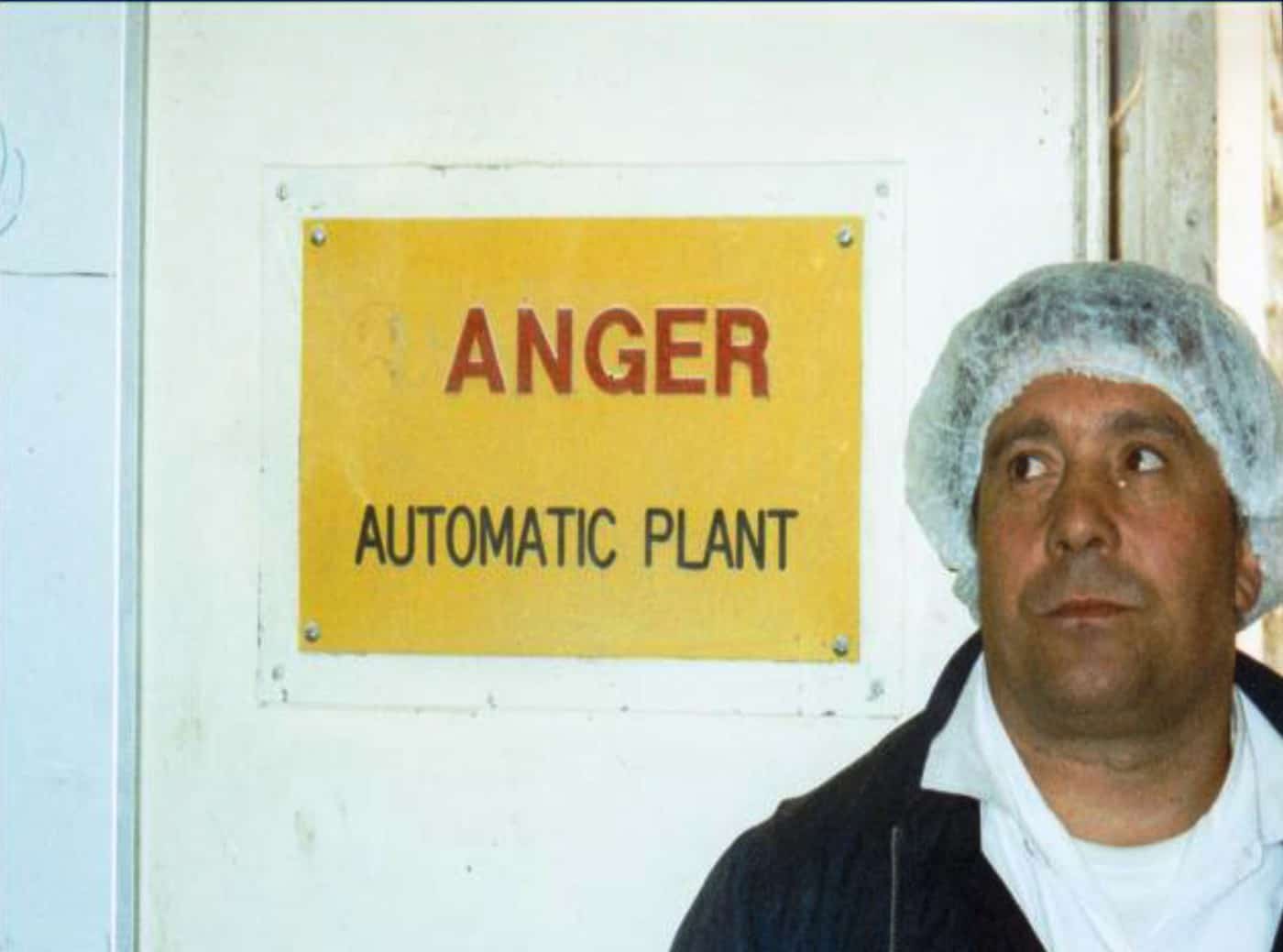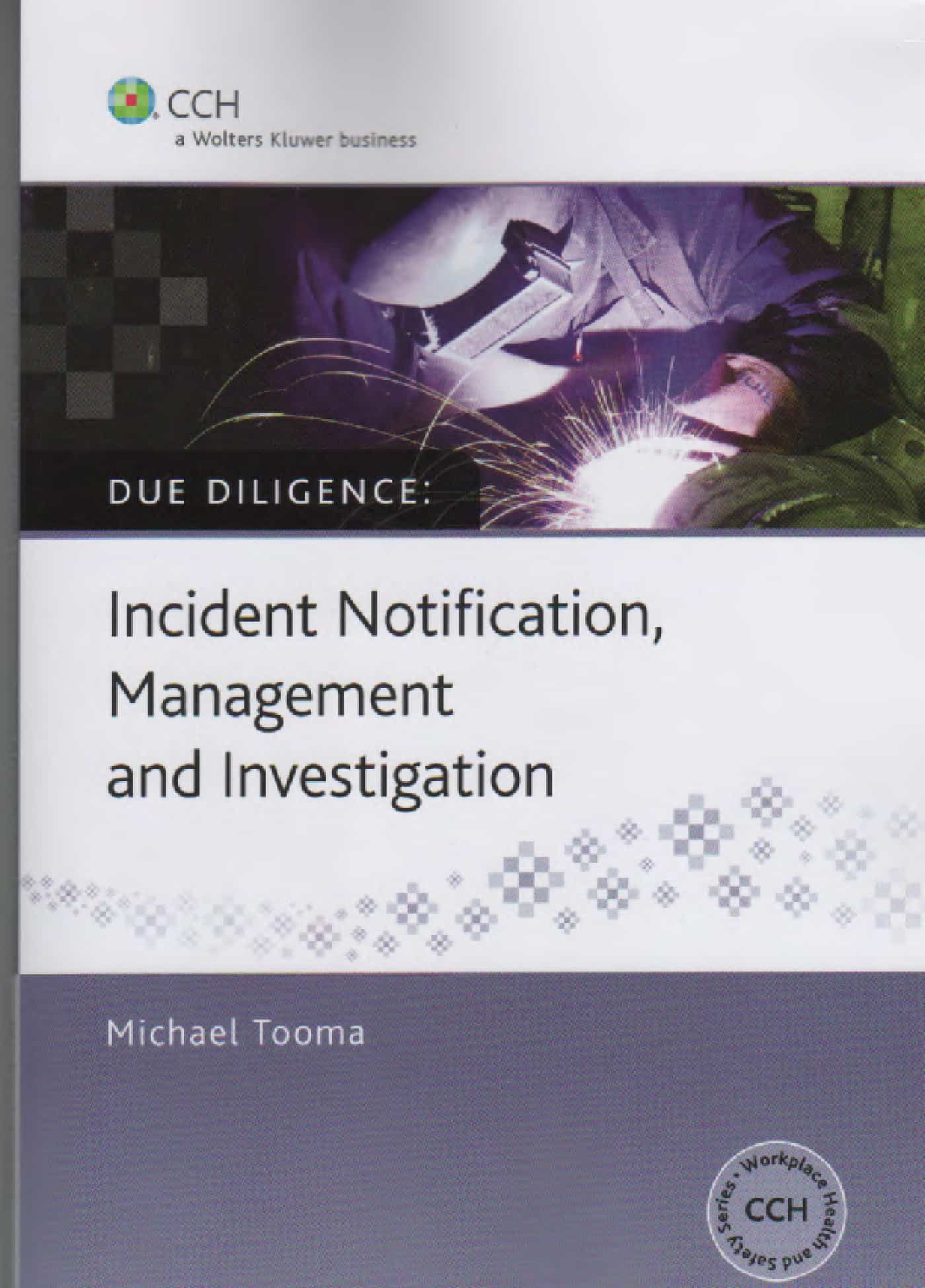Over the last few weeks the Australian print media has published several articles based on the expressions of concern by some business and employer associations about Safe Work Australia’s code of practice on workplace bullying. The latest article was in the Sunday Herald-Sun on 28 October 2012, “Bullying blueprint attacked” (not available in its original form online), which opens with the inflammatory paragraph:
“Workers in cushy jobs will be able to claim compo for being left idle, under national laws drawn up to combat bullying.”
The later online version of the article, by the same writer, Natasha Bita, has a much less aggressive title, “Plan to ban work pranks”, and a revised text. The “new” opening paragraph says:
“Workers will be able to claim compensation if their boss does not provide them with enough work and office pranks would be banned under national laws to combat bullying.”
This has not stopped Senator Eric Abetz releasing a media statement which states that the workplace bullying code reads
“like something out of the socialist playbook whereby personal responsibility is thrown out the window and everyone is bound in bubble wrap.”
Senator Abetz is known for these types of colourful statements but the question that should be asked is, why raise these concerns now? Continue reading “Workplace Bullying Beat-Up”

 The short morning break. You hurry, you panic, get a quick hot drink, a cigarette, quickly back into it. Hour after hour after hour “for the last 20 years” she said. From 5 am when she gets up to do things before rushing to work to start at 7 am. Rush back home at 3 pm to pick up ‘the youngan-whydidIdoit’ as she said of her late in life baby. She looked about 40.
The short morning break. You hurry, you panic, get a quick hot drink, a cigarette, quickly back into it. Hour after hour after hour “for the last 20 years” she said. From 5 am when she gets up to do things before rushing to work to start at 7 am. Rush back home at 3 pm to pick up ‘the youngan-whydidIdoit’ as she said of her late in life baby. She looked about 40.

